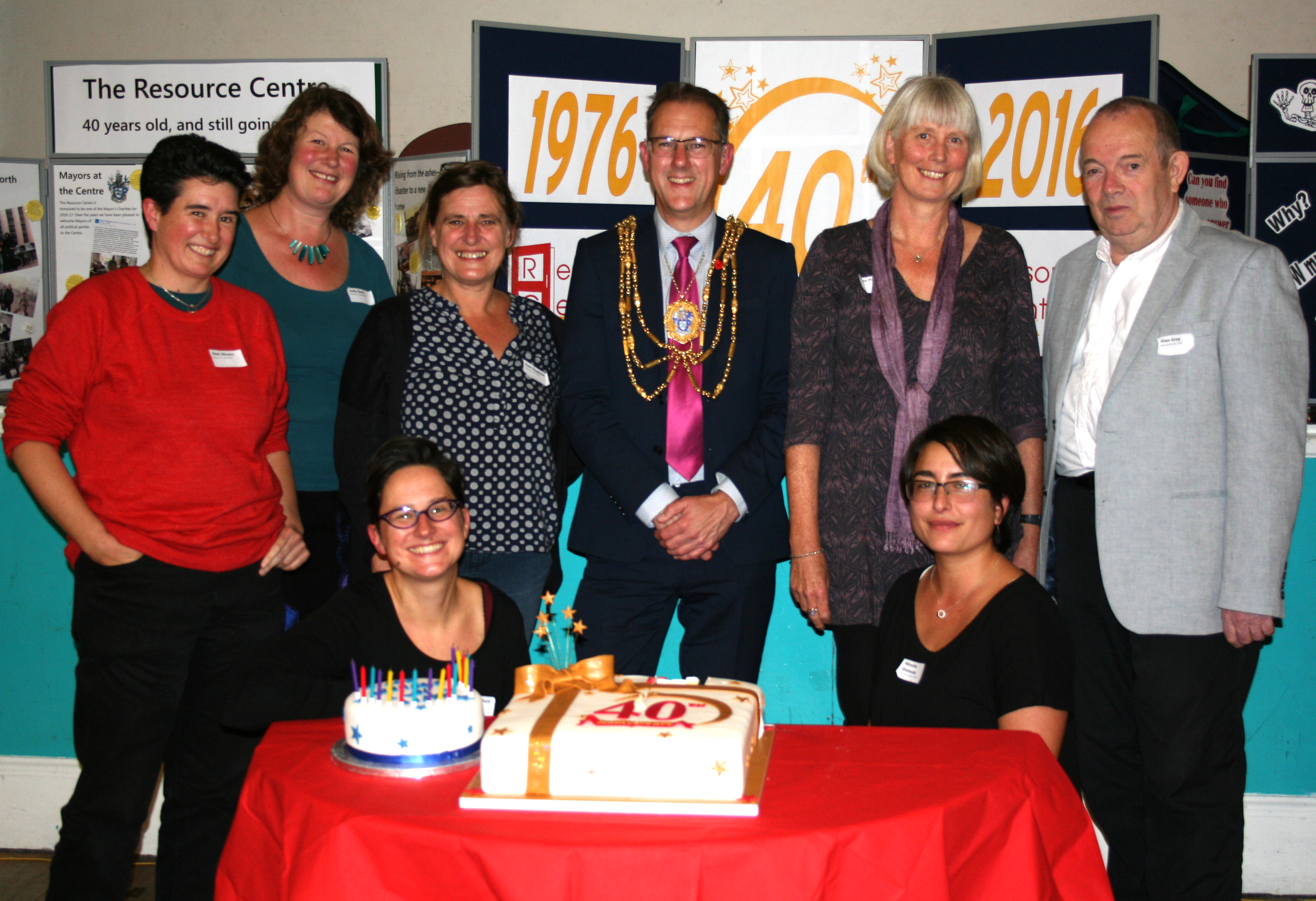A centre stocked with just about anything a grassroots group could want is celebrating 40 years of helping community projects and events take shape.

The Resource Centre, based in Prior House in Tilbury Place, Brighton, was started in 1977 by a collection of community groups who thought it would be a good idea to pool resources such as printers, event equipment and advice on how to run a group under one roof.
Since then, the centre has been helping small groups to make a big difference to the city and it now helps more than 900 groups a year. To mark its 40-year legacy, the centre is holding an exhibition next week in the foyer of the Jubilee Library, launched by Brighton Mayor Pete West on Monday.
The exhibition will include space for visitors to add their own stories, memories and suggestions for the centre’s future.
Councillor West, who has made the centre one of his 27 mayor’s charities, said: “The Resource Centre is, in my book, the biggest unsung hero in our city.
“Without the printing services, the advice services, help with finding funding and the event equipment store, and all else you do, I truly believe we would not have the richness of community activity in the city we enjoy today.”
An example of a small group that makes a big difference is the Oromo Community in Brighton and Hove. In 2006, 80 Oromo people arrived in Brighton and Hove under the Gateway Protection Programme. Originally from Ethiopia, the 15 families had lived in refugee camps in Kenya for up to 16 years.
When the refugees first arrived, they didn’t know anybody and life in Brighton and Hove was unfamiliar to them. They spoke little or no English, and were housed far from one another, in different areas of town. They were all on very low incomes, and found it difficult to use British systems to access healthcare, look for work, and organise their day-to-day lives.
They set up the Oromo Community in Brighton and Hove group to work together to overcome the challenges they faced. They began meeting up regularly as a community and helped each other to solve problems. For example, people would bring letters they had received to the meetings and they would work together to understand them and respond.
They have worked hard for ten years, and the group now meet monthly, and run regular activities to help their members keep healthy and spend time together. There are now over 100 members, including children, and the group ensures that people do not become socially isolated and have support to learn new skills and have positive experiences. Group members say that the group is their lifeline and without it they would have struggled much more to integrate into the city.
The Resource Centre has supported the Oromo Community to raise funds to run their activities, learn to keep accounts and produce publicity. Awel Harun Abdo, chair of the Oromo Community in Brighton and Hove, says “Without the Resource Centre, we would not have been able to run our group and help our members.”









